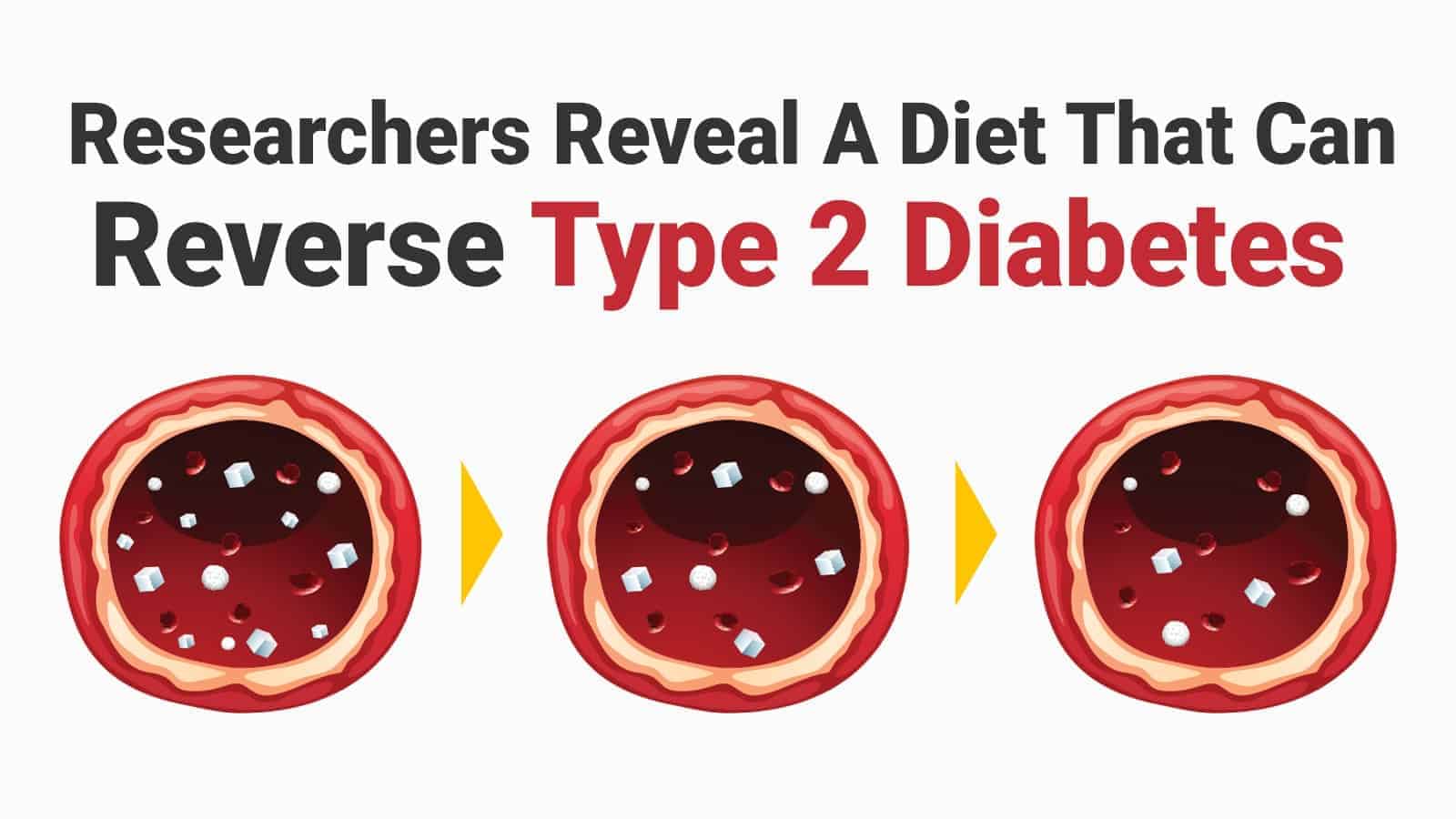Saturated fat is not bad.
That mindset can be difficult to swallow after we’ve been told how dangerous saturated fats are. We’re grilled to eat less of this fat or that fat. Then you have some gurus who demonized all types of fat.
Your brain is on information overload as you peruse the food aisles, and you’re ripping your hair out in frustration.
Who do you listen to? Who’s right? Wrong?
Repeat it like a mantra: I will not be afraid to eat saturated fat for health reasons. My body needs it!
What are Saturated Fats?
Instead of a lengthy scientific answer, a fat that remains mostly solid at room temperature is saturated. All dietary fats are fatty acid chains. Even among the fat subgroups, the chain lengths do vary and so do their benefits.
Where Did The Fat is Bad Myth Actually Start?
Around 1958, a study emerged that aimed to find a dietary link to heart disease. Seven countries and their respective diets went under a microscope, but only a hypothesis developed as a result. This is mostly due to the serum cholesterol levels the study uncovered, which were higher in countries that are large amounts of animal fats. (1)
However, animals are only one source of this type of fat. Even plant-based diets that use minimal or no dairy products can exceed recommended daily values, including the Mediterranean Diet.
A secondary myth evolved with the low-fat craze of the 80’s and 90’s. Again, this started from a hypothesis that scientists and medical researchers have long debunked. Eating fat of any kind does not make you fat.
Are Dietary Fats Created Equally?
No, they’re most certainly not. Full fat unsweetened yogurt will be healthier than a vegan donut fried in vegetable oil. Why? Most fried foods still contain unhealthy trans-fat, even if the label says zero. The FDA only requires a company to list it on the label if it exceeds 1 gram.
Trans-fats are not the same as the naturally occurring saturated variety. (2)
Healthy Saturated Fat Choices
• Dark chocolate
• Full-fat dairy, including cheese, yogurt, and real butter
• Eggs
• Coconut oil
• Avocado
• Nuts
How Much Fat Should You Eat?
This is a varied opinion and it will depend more on your chosen lifestyle, your health, and your genetic risk factors. However, we’ll include the standard guidelines for your reference.
According to American dietary guidelines, you should aim for 10% of your daily fat intake to be saturated. This recommendation is still based on debunked science. However, they do say to replace your other fat intake with plant-based monounsaturated and polyunsaturated fats.
Low carb lifestyles and Paleo/primal diets reach for 50-80% total fats. A strict follower will aim to balance their omega fatty acids over the following actual percentages.
The American Heart Association supports no more than 6%.(3)
Keep in mind that fat is one proponent of your diet. If you’re looking to consume more or less saturated fat for health or weight loss, you should also address your entire diet so it remains balanced.
Some People Should Still Limit Saturated Fats
If you have Familial Hypercholesterolemia, you might wish to stay on the lower side of the recommended values. Speak with your doctor if you have or are at risk for this genetic disorder.
Some people store and process fat differently. Science still can’t explain the variables, so if you notice adverse effects or face poor test results, limiting saturated fat might benefit you.
If your current goal is weight loss and you’re not following a low carb plan, you will need to watch your saturated fat intake. This doesn’t mean to avoid it, but it does contain a large number of calories.
Processed Low Fat Foods Aren’t Your Answer
We’re not including foods naturally low in fat because they often contain vital nutrients your body requires. However, a diet heavy in processed low fat foods aren’t nutritiously sound when compared to their full-fat counterparts.
While we should do our best to avoid processed foods high in saturated fat, we often reach for lower fat versions of those same foods thinking they’re healthier. In fat’s place, you will find unhealthy fillers to enhance taste and texture. Sugar is usually the go-to.
The problem is you’ve now swapped one disease risk for another, namely obesity and insulin resistance. Both are predominant factors in prediabetes. (4)
10 Reasons You Should Eat More Saturated Fats
1. Increases Your Beneficial HDL Cholesterol
Healthy cholesterol levels require balance. Your body has two types: HDL and LDL. Both are technically proteins. Fats, especially the saturated variety, actually lower your HDL, which reduces your risk for heart disease. (5, 6)
Some fats will raise your LDL, which increases heart disease risks. However, the rise in HDL from saturated fats negates the rise in LDL. (7)
2. Your Cells Need It
Saturated fats assist your body at the cellular level. They build and strengthen the walls of your cell membranes. It’s also responsible for building and strengthening your brain cells.
3. Promotes a Healthy Brain
When you don’t consume enough saturated fats, you run the risk of brain fog. Does it stop there? A few emerging studies highlight the importance of dietary fat on Alzheimer’s and dementia.
Dr. David Perlmutter, who wrote Grain Brain, links lower consumption of fats (including saturated) with higher incidences of mental and brain-based disorders. His lists include dementia, chronic headaches, ADHD, and Alzheimer’s disease.
His link comes from the dietary cholesterol found in these high fat foods, which we also know promotes brain cell health. They also assist with communication between your neurons; many of the listed disorders occur because the brain’s neurons don’t effectively communicate.
4. Might Lower Your Stroke Risk
Consuming dairy, which contains high amounts of saturated fat, in a 25-year study showed a decrease in risk factors for stroke. In the study, participants enjoyed both low fat and full fat dairy. Further study would be beneficial to understand the link. (9)
5. Might Reduce Hunger and Cravings
Most dieters understand the link between protein and fat. This magic combo satiates hunger and reduces cravings.
Fat without protein can do this too. Think of the fat bomb recipes taking the internet by storm. They contain a high amount of fat with the majority being coconut oil based.
6. Could Lower Risks for Type 2 Diabetes
Saturated fatty acids aren’t created equally. They contain carbons in their chain, and chain length might be a vital clue scientists overlook when it comes to saturated fat for health.
A European study with 16,000 participants ate a combination of even and odd chain fatty acids. Those who consumed more odd chains saw a decrease in type 2 diabetes risk. Beef and dairy contain mostly odd length chains.
7. Might Strengthen Your Bones
Dr. Mary Enig, Ph.D., claims saturated fats play a vital role in how effectively calcium affects your bones. Despite her connection to the Western Price Foundation, Dr. Enig fully supported using coconut oil to achieve upward of 50% saturated intake.
While the intake might be jaw-dropping, she does have a scientifically sound point. Vitamin D is fat soluble, meaning it requires fat to properly absorb. Unfortunately, most studies rely on synthetic forms of the vitamin instead of testing naturally occurring dietary Vitamin D.
8. It’s How Your Body Regulates Hot and Cold
While stored body fat can be vital to heat/cold regulation, so does the fat we eat on a daily basis. A low-fat or fat free diet might not provide your body with enough of the nutrient to fuel your body’s metabolism. This can leave an obese person feeling cold and essentially lower their core body temperature.
9. It Could Give You Firm, Glowing Skin
Dry flaky skin is a side effect of not consuming enough dietary fat. Your skin is a major organ, but it needs oil like a car. We can slather on creams, but it’s a cosmetic fix. For healthy skin, you have to start within your body with the foods you eat.
10. It’s Vital For Your Immune System
Fat sources contain vital nutrients your immune system requires to function properly. Eating saturated fat for health means you will receive vitamins A, K, E, and D. Like your skin, a healthy immune system begins from within with the foods you eat.
Final Thoughts on Consuming More Saturated Fat
Saturated fats should be part of your diet. The ratios or percentages will depend on your lifestyle, risk factors, and diet. Your goals will matter too because no one can ignore the calorie density of fats.
Saturated fats do offer benefits when they’re in whole or lightly processed foods, such as dairy. They allow your body to absorb the powerful nutrients you need. They assist brain health, can reduce aging, and they lower risks for the chronic and deadly diseases.
Eating saturated fat for health might be difficult at first. You have stigma from years of misguided advice, but it’s time to silence inner and outer critics. Consuming the minimum recommendations is still better than shying away from this type of fat.


















